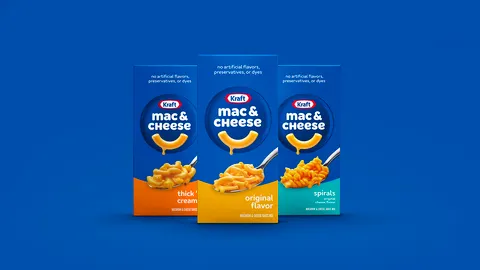Kraft Heinz Announces $3 Billion Investment in U.S. Manufacturing Facilities
In a major move, Kraft Heinz has revealed plans to invest $3 billion in its U.S. manufacturing plants, marking the largest investment in decades for the company. This significant investment is set to enhance the company’s production capacity and create job opportunities.
Creating Jobs and Boosting Production
According to Pedro Navio, president of Kraft Heinz’s North America operations, the planned investments could potentially lead to the addition of 3,500 new employees to the company’s workforce. One of the key highlights of this investment is the construction of a $400 million distribution center in DeKalb, Illinois, which is expected to generate 60 new jobs. This announcement comes as a part of Kraft Heinz’s long-term strategy to strengthen its manufacturing capabilities.
Impact of Tariffs and Trade Uncertainty
With President Donald Trump’s threats of imposing tariffs on imports, Kraft Heinz’s decision to invest in its U.S. factories comes at a crucial time. The company aims to mitigate the impact of trade uncertainty by focusing on domestic production. Tariffs have been a significant factor influencing the company’s investment strategy, especially for products like Maxwell House coffee, which faces challenges due to tariffs on imported beans.
Adapting to Changing Market Trends
In response to declining sales and consumer concerns over inflation, Kraft Heinz is diversifying its business strategies. The company is prioritizing the growth of its Away From Home segment, catering to foodservice establishments with innovative offerings such as condiment dispensers. Additionally, Kraft Heinz is expanding its product portfolio to tap into emerging market segments, as demonstrated by the recent launch of Lunchables with PB&J to compete with popular brands like Uncrustables.
Exploring Strategic Initiatives for Growth
CEO Carlos Abrams-Rivera has indicated that Kraft Heinz is exploring potential strategic transactions to drive profitable growth and value creation. Analysts suggest that divesting certain products might be necessary to optimize the company’s financial performance and adapt to changing market dynamics.
Overall, Kraft Heinz’s significant investment in U.S. manufacturing facilities reflects its commitment to innovation, job creation, and sustainable growth in the food industry.

